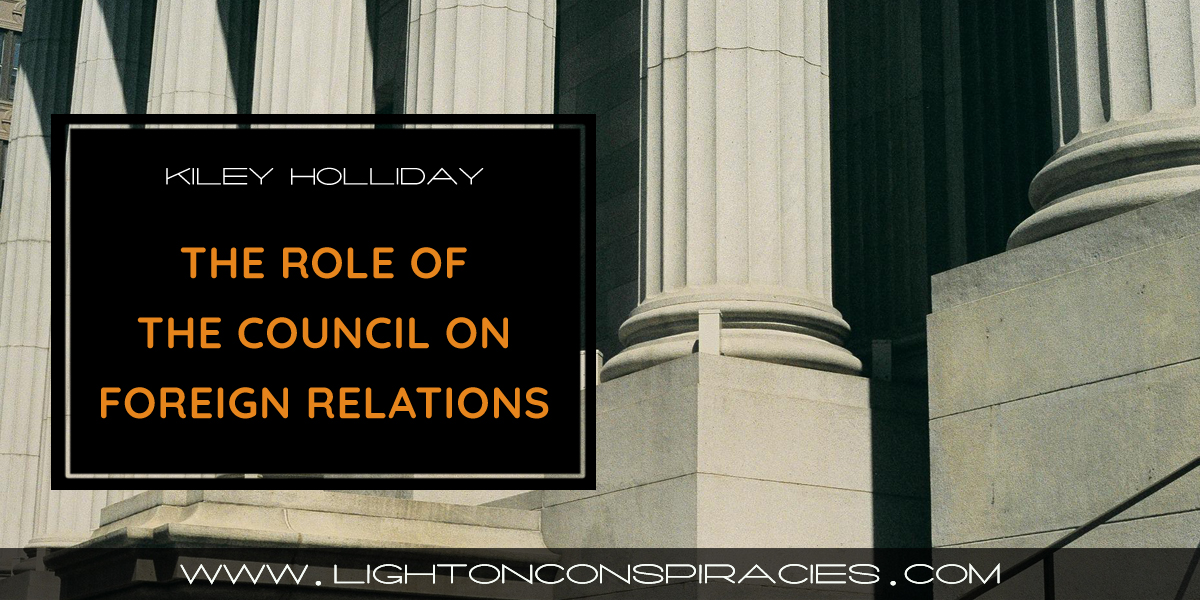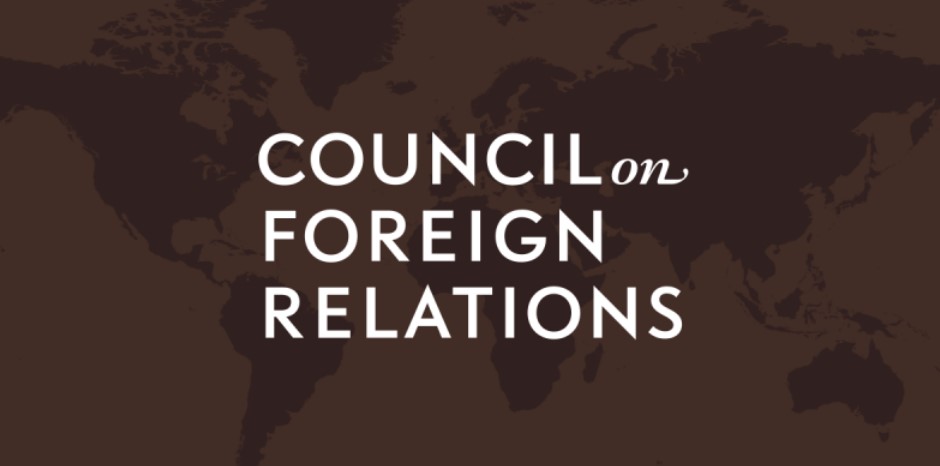The grisly Shanghai lockdown, now entering its eighth week, has forced a reckoning among members of Democratic America’s expert class—even if very few are willing to publicly admit it. Liberal media outlets like the New York Times, which depicted China’s draconian Zero Covid strategy as commendable in early 2021, are now rightly identifying the collateral damage that results when a government prioritizes Covid prevention above all else.
Democratic leaders and their accomplices in media and the academy, however, have yet to concede that non-pharmaceutical interventions (NPIs) were tremendously damaging to our society and ineffective in terms of quelling the virus. Instead, they are trying to save face and maintain the legitimacy of the isolate-vaccinate paradigm, while adroitly distancing themselves from Xi Jinping’s brand of containment.
This tactical retreat is especially conspicuous among the scholars affiliated with the Council on Foreign Relations (CFR), an American think tank with locations in New York and Washington DC.
In early April of this year, CFR senior fellow Yanzhong Huang published an opinion piece for CNN entitled “Why Xi Can’t Quit Zero Covid,” criticizing the shortsightedness of the Chinese Communist Party (CCP) for its unwavering commitment to lockdowns despite their obvious societal harms. Though he lists the unfortunate “ripple effects” of China’s lockdowns, such as shortages and delayed medical care, Huang stops short of identifying these problems as intrinsic to the NPI method of disease containment. Rather, he maintains that because of their dysfunctional political system the Chinese have become overzealous: they’re separating families and killing pets!
Huang is also careful to blame the chaos in Shanghai on China’s decision to put vaccination “on the back burner”—an odd statement given that Huang’s own report for CFR, published in January 2022, asserts without a hint of skepticism that the Chinese have vaccinated 85% of their population. In the same report, Huang faults the CCP, not for locking down the city of Wuhan, but for not doing so soon enough. In other words, according to Huang, lockdowns are a good tool, but the CCP is a bad mechanic.
Months earlier, Huang sounded even less critical of China’s Covid strategy. In a September 2021 piece, authored by CNN reporters Nectar Gan and Jessie Yeung, Huang described a new, AI-powered quarantine complex in Guangzhou as the epitome of modern hygiene. “It’s arguably the most state-of-the-art quarantine center in the world, if you will—very high tech, very sophisticated,” he gushed.
CNN’s Gan and Yeung do not question why a CFR scholar would use such glowing language to describe a quarantine camp built by a totalitarian government known for its abysmal human rights record and penchant for high-tech surveillance. Nor do they explain what CFR does or how the institution figures into U.S. history. CNN readers can safely assume that CFR and its fellows support the practice of detaining individuals for several weeks under the auspices of public health.
A quick search of the Council’s website reveals that no one affiliated with the organization criticized the draconian lockdowns in Australia and New Zealand, which also involved forcibly detaining people and shutting down entire cities in response to small outbreaks. A CFR blog post from May 2020 praised the Antipodean nations for having the most successful Covid response—a position more recently touted by Bill Gates.
One is left to conclude that culling domesticated animals and separating infants from their mothers is where CFR and Democratic media are willing to draw the line and admit that a heretofore-wise lockdown has become unreasonable. Meanwhile, they still treat business closures, mask and vaccine mandates, and putting millions on house arrest until they’re vaccinated as legitimate public health measures.
This is testament to how far the Overton window has shifted in the direction of biomedical authoritarianism. Many Americans aren’t especially disturbed by the loss of rights we took for granted until the spring of 2020—the right to work and operate a small business in person, to send our children to public school, and to breathe and speak freely in public without being encumbered by a face covering. We’re being nudged to feel grateful that the U.S. government is not as extreme as China’s with respect to Covid prevention. Our pets are safe and we won’t be forced into quarantine camps. How did we get here?
Those of us familiar with the heterodox Covid discourse have undoubtedly heard of the World Economic Forum (WEF). Klaus Schwab, the Great Reset, digital IDs, etc.—the organization is the subject of numerous tweets and articles challenging the brave new world envisioned for us by advocates for a ‘woke’ technocratic kleptocracy. But when it comes to the Council on Foreign Relations, we hear relatively little, even though CFR is a venerable American institution with highly influential members who have big ideas about how the world should work.
CFR’s current board of directors reads like the guest list for an ultra-exclusive Davos mixer: David Rubenstein of the Carlyle Group; Laurence Fink of BlackRock; Laurene Powell Jobs, owner of The Atlantic and one of the world’s wealthiest women since the death of her husband (founder of Apple); Jami Miscik, a former CIA analyst who is now CEO of Kissinger Associates; Fareed Zakaria, CNN host and editor of Time magazine; Ruth Porat, CFO of Google and Alphabet; and Sylvia Mathews Burwell, president of American University and former CEO of the Bill and Melinda Gates Foundation; among others.













